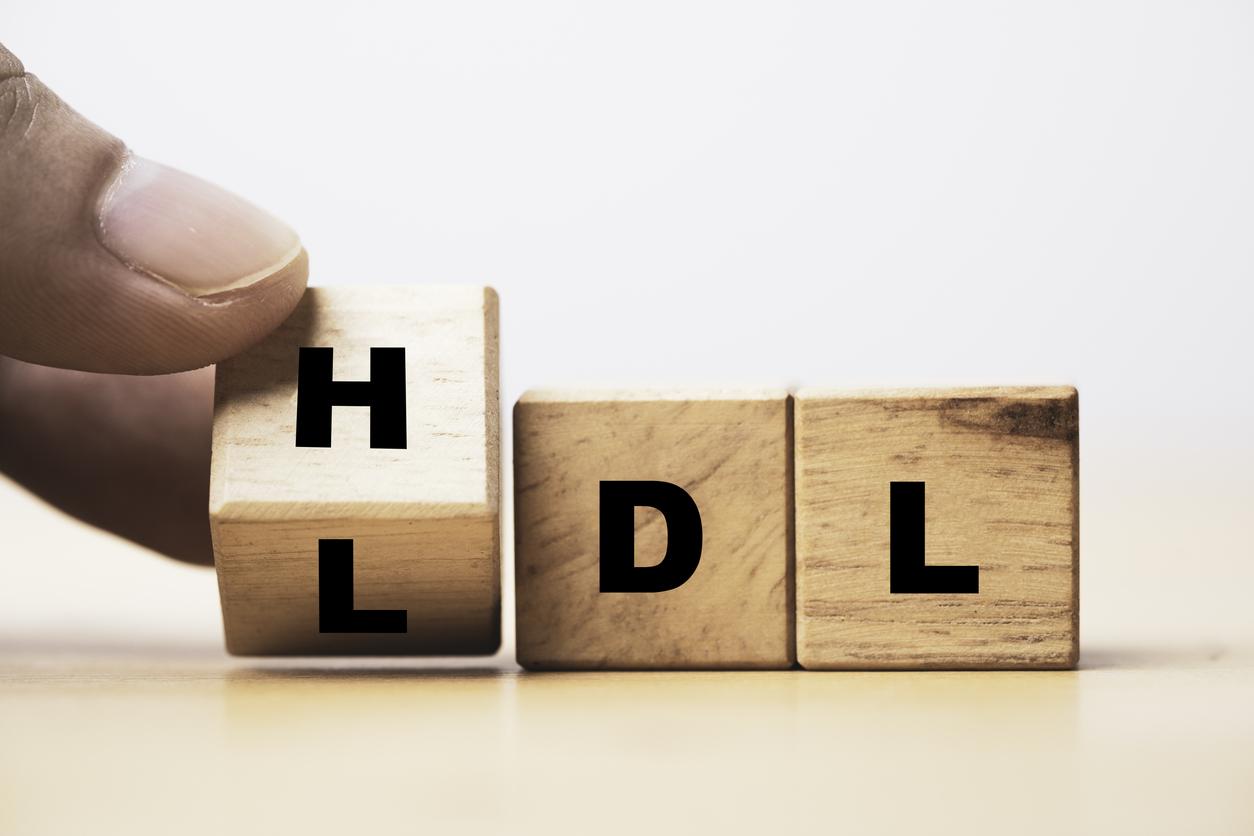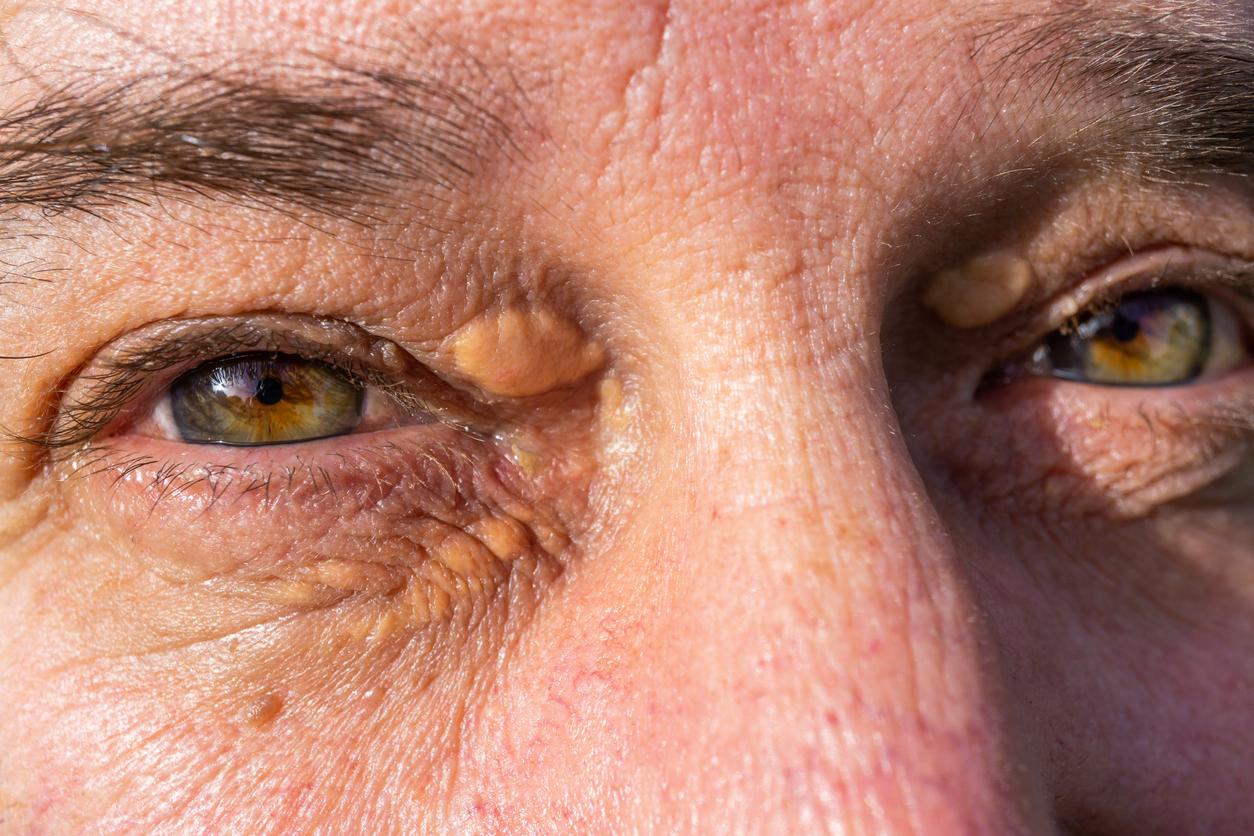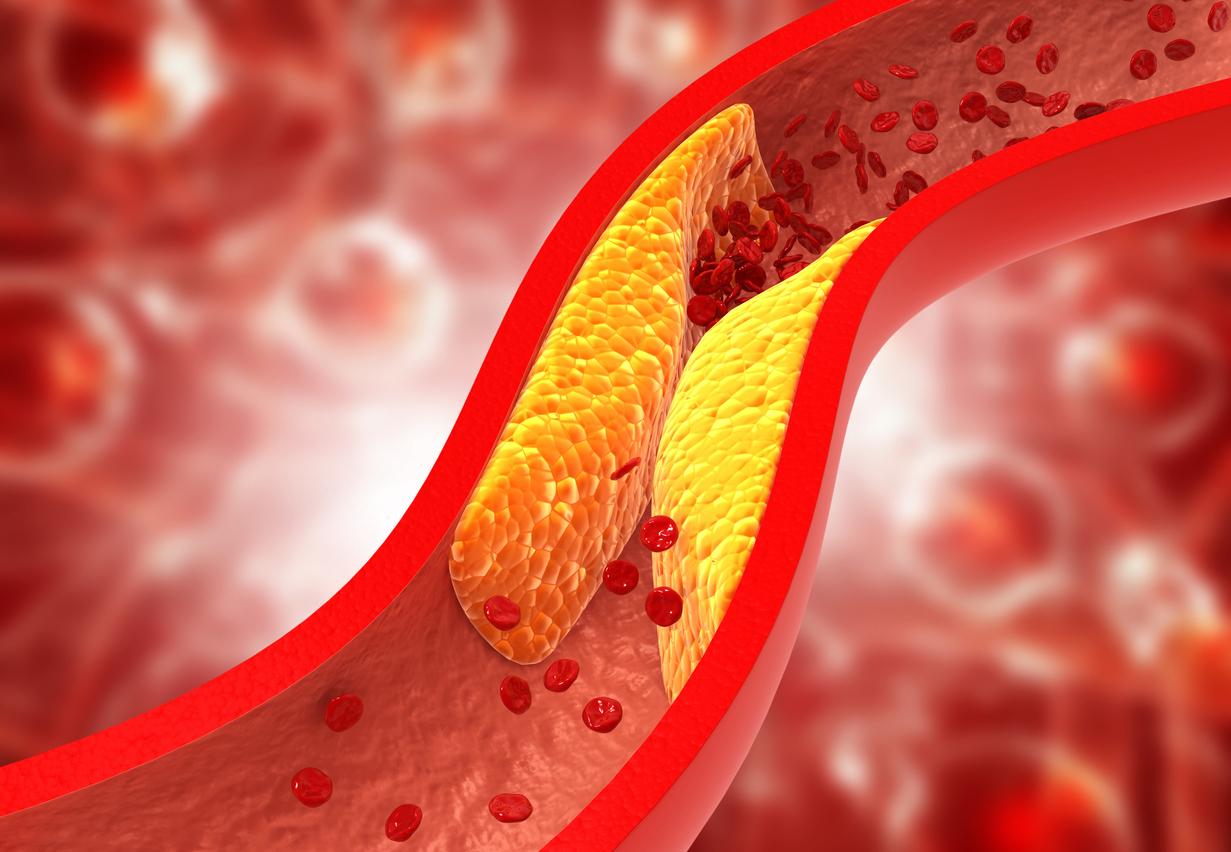
How do statins work?
You stick to your diet and you have removed the butter and salami from the menu and now cycle as much as possible. However, your cholesterol level does not go down enough. Then the doctor may think it is time for medication. Statins, for example.
More than a million Dutch people use cholesterol-lowering drugs on a daily basis. Doctors prescribe them for high cholesterol or a combination of too much cholesterol and too much fat in the blood. People who have an increased risk of cardiovascular problems, such as angina pectoris or diabetes mellitus, are sometimes given a prescription for cholesterol-lowering drugs to take home. Statins are the most powerful agents for lowering LDL cholesterol. They also have the least side effects. Statins include substances such as simvastatin, pravastatin, fluvastatin, atorvastatin and rosuvastatin.
If statins don’t work enough or cause too many side effects, there are also other cholesterol-lowering drugs, such as:
- bile acid sequestrants
- fibrates
- nicotinic acid derivatives
- cholesterol absorption inhibitors
How do statins work?
Statins inhibit the production of cholesterol in the liver. The good HDL cholesterol can rise slightly and the triglyceride level goes down. Statins have also been shown to have an anti-inflammatory effect. This is beneficial for the protection of the vessel wall. The effects are:
- lowering cholesterol levels by 30-50 percent
- less easily irritated inner wall of the arteries
- slowing down the process of arteriosclerosis
Effect of statins
Just as you don’t notice high cholesterol, you also don’t feel like the statins are doing anything for you. It is therefore important to have your blood checked regularly to see if the medication is working. After four to six weeks, the full effect of this drug should be achieved. When you stop taking statins, cholesterol levels rise again. Most people take statins for the rest of their lives.
Effects
Like all medicines, statins have side effects. Gastrointestinal complaints, fatigue, headache, dizziness and muscle complaints are reported. These complaints generally only occur in the beginning. If it continues to bother you, it is best to consult with your doctor. Perhaps the dosage can be adjusted or a switch can be made to another medicine. Some people benefit from taking a supplement coenzyme Q10 against side effects such as fatigue and muscle complaints. Statins reduce the production of this body’s own substance.
Statins are also often prescribed in combination with ezetimibe. The latter reduces the absorption of cholesterol in the small intestine. When combined with a statin, ezetimibe can lower LDL cholesterol by an additional 20-25 percent on average. Due to the combined effect, cholesterol can drop sharply with relatively light doses. The chance of any side effects occurring is then as low as possible.
Who Shouldn’t Take Statins?
pregnant or breastfeeding women should not take statins. People with liver disease should not take them either.
Sources):















